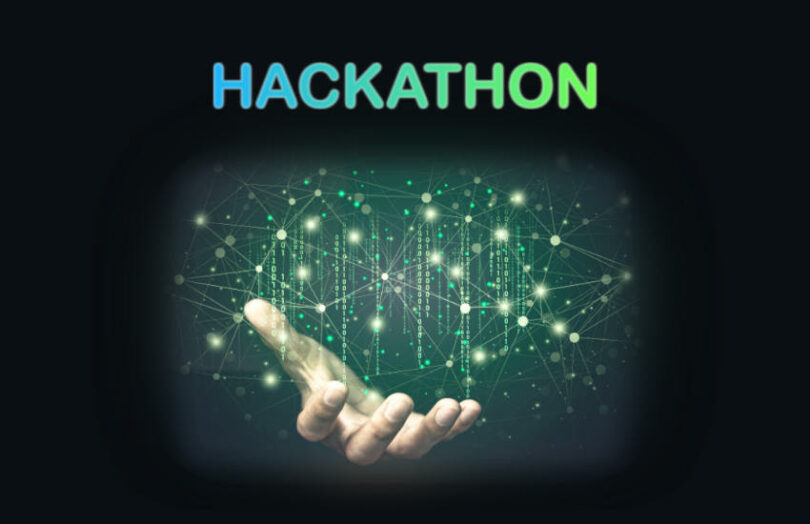Yesterday the Reserve Bank of India unveiled its second global hackathon, Harbinger 2023. The event has a four-pronged focus, including use cases for its retail central bank digital currency (CBDC) and blockchain scalability. The National Payments Corporate of India (NPCI) is supporting the hackathon.
Registration runs from February 22, with proposals due by March 24. The first prize is Rupees 4 million ($48,000), with winners to be announced mid-August. While the hackathon invites global participants, including individuals, there’s a preference for those knowledgeable about the Indian financial services sector and consumers.
India started its retail CBDC pilot in late November 2022, and by early February it had executed 770,000 transactions. This followed the launch of a wholesale CBDC pilot in October.
For the hackathon, the CBDC use cases mentioned include the disbursement of social benefits and offline access to CBDC. Offline CBDC is seen as addressing accessibility and financial inclusion because some regions are remote with poor communications or power connectivity. Most CBDC solutions connect back to a network to prevent fraud or double spending, but offline CBDC wallets have to authenticate digital currency in other ways, usually cryptographically.
The BIS Innovation Hub has just launched Project Polaris, which also explores offline CBDC.
Blockchain scalability is also one of the topics of India’s central bank hackathon. It notes this is one of the challenges to the broader adoption in use cases such as a retail CBDC. However, the central bank also emphasized that transactions per second (TPS) is not the only determinant of scalability. The speed at which payments are considered final is also critical.






